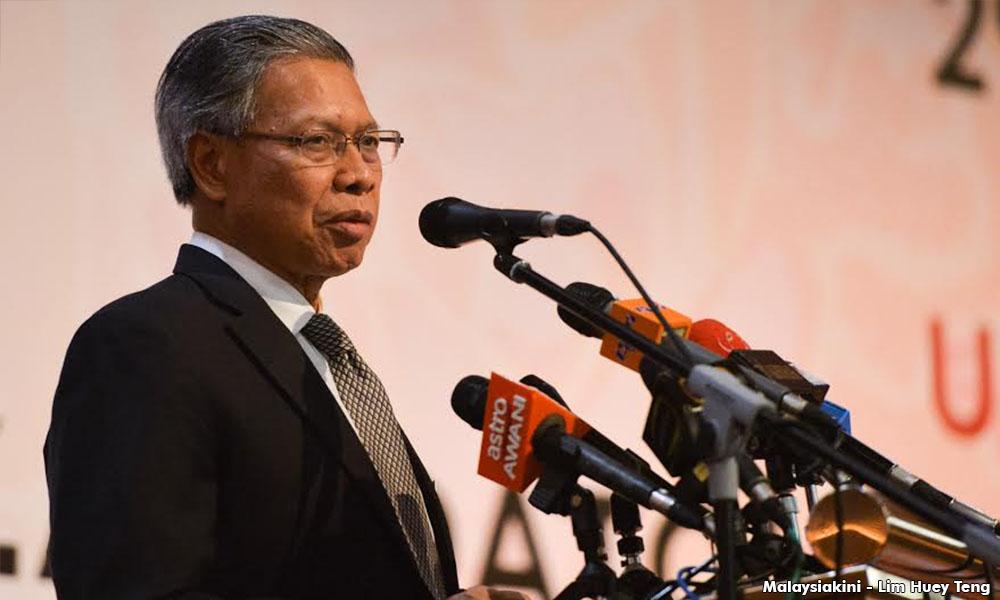For the first time, the Asia-Pacific Economic Cooperation (Apec) Ministerial Meeting saw no traditional joint statement on its outcome due to differing opinions, especially on the "balance of trade" issue and the use of the word "protectionism”.
International Trade and Industry Minister Mustapa Mohamed said so far the 29th Apec Ministerial Meeting
“This is quite unprecedented. Normally, after the Apec Ministerial Meeting, a joint statement will be issued. Anyway, the meeting will continue and we will talk again today," he told Malaysian media here today.
He said obviously, the situation was difficult because some countries were not happy with globalisation and the role of multilateral trading system.
“There are also countries that talk about bilateral issues in international relations. There are differing opinions on protectionism and balance of trade. We used to speak in one voice before, opposing protectionism and supporting the multilateral trading system.
“Although it did not look tense, it's hard to get the consent of all members," he said.
Mustapa said the United States was particularly unhappy with the use of the word "protectionism" and was more comfortable with the phrase "fair trade."
“We are aware of the current US administration's views. They have big issues with Japan and China as they argued that the trade surplus occurred due to the unfair world trading system. That is the dispute at the meeting this time around, " he said.

Meanwhile, Mustapa (photo) said other topics given priority included promoting inclusive and sustainable growth; enhancing integration among Apec member states; enhancing the competitiveness of micro, small and medium enterprises; and improving food and agriculture networks in response to climate change.
"We find that despite increased economic and trade in developing and developed countries after the 2007/2008 economic crisis, there are still some risks and discomforts.
“Globalisation, for example, despite bringing a lot of good things, there are still marginalised groups who do not fully benefit from it. These are among the restlessness around the world, including Malaysia," he said.
He said other issues discussed included structural unemployment, especially among young people, concerns over disruptive technology, including the digital economy and the future of work.
"Malaysia also shared its experiences on inclusive growth, the small and medium enterprise development and the launch of DFTZ (Digital Free Trade Zone) in Malaysia recently," he said.
- Bernama

